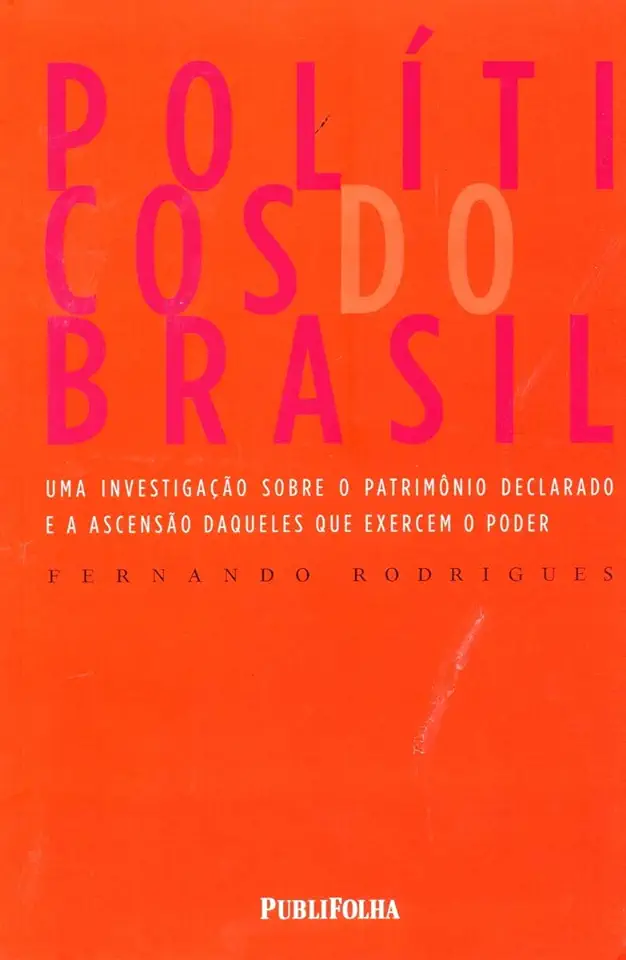
Brazilian Politicians - Fernando Rodrigues
Brazilian Politicians: A Comprehensive Guide
Introduction
Brazil is a country with a rich and complex political history. From the days of the Portuguese colony to the present day, Brazilian politicians have played a vital role in shaping the nation's destiny. In this comprehensive guide, Fernando Rodrigues provides an in-depth look at the world of Brazilian politics, from the inner workings of the government to the major political parties and their ideologies.
The Political System
Brazil is a federal republic, with a president, a bicameral legislature, and a Supreme Court. The president is the head of state and government, and is elected by popular vote for a four-year term. The National Congress is composed of the Chamber of Deputies and the Federal Senate. The Chamber of Deputies is the lower house, with 513 members elected by proportional representation. The Federal Senate is the upper house, with 81 members elected by popular vote for eight-year terms. The Supreme Court is the highest court in the land, and is composed of 11 justices appointed by the president with the approval of the Senate.
The Major Political Parties
Brazil has a multi-party system, with a number of major political parties competing for power. The largest party is the Workers' Party (PT), which is a left-wing party that has been in power for much of the past two decades. The other major parties include the Brazilian Social Democracy Party (PSDB), which is a center-right party; the Democratic Movement Party (PMDB), which is a centrist party; and the Liberal Party (PL), which is a right-wing party.
Political Ideologies
The political ideologies of Brazilian politicians span a wide spectrum, from left to right. The left-wing parties, such as the PT, advocate for social justice, economic equality, and environmental protection. The center-right parties, such as the PSDB, advocate for economic growth, social progress, and democratic governance. The centrist parties, such as the PMDB, advocate for a balance between left and right-wing policies. The right-wing parties, such as the PL, advocate for traditional values, free markets, and limited government intervention.
The Challenges of Brazilian Politics
Brazilian politics faces a number of challenges, including corruption, inequality, and political polarization. Corruption is a major problem in Brazil, and it has eroded public trust in the government. Inequality is another major challenge, with a large gap between the rich and the poor. Political polarization is also a problem, with the left and right wings of the political spectrum becoming increasingly entrenched in their positions.
The Future of Brazilian Politics
The future of Brazilian politics is uncertain. The country is facing a number of challenges, but it also has a number of strengths, such as a strong economy and a vibrant democracy. With the right leadership, Brazil can overcome its challenges and build a more just and prosperous society.
Conclusion
Brazilian politics is a complex and fascinating subject. This comprehensive guide provides an in-depth look at the world of Brazilian politics, from the inner workings of the government to the major political parties and their ideologies. If you are interested in learning more about Brazil, then this book is a must-read.
Enjoyed the summary? Discover all the details and take your reading to the next level — [click here to view the book on Amazon!]